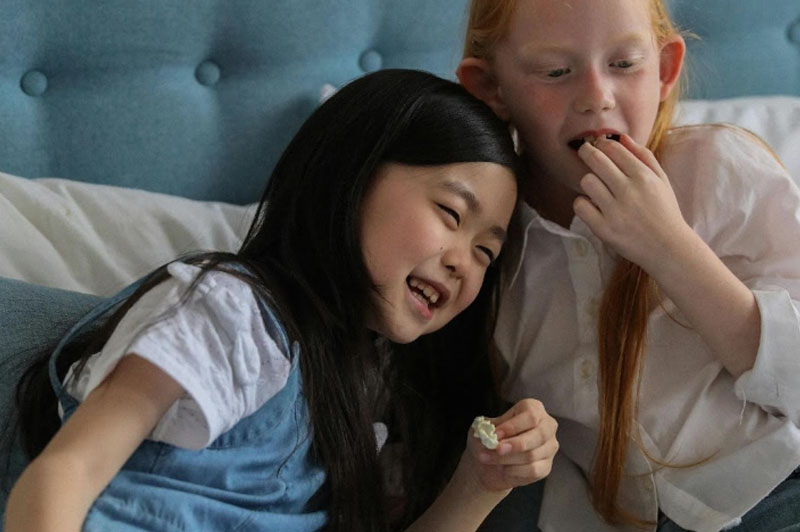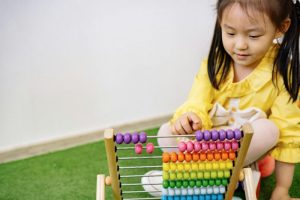Healthy social skills and lasting friendships form a crucial foundation for a child’s overall well-being. The ability to empathize, communicate effectively, resolve conflicts, and collaborate with others can profoundly influence a child’s confidence and future success. While some children are naturally outgoing, others may need more guidance and opportunities to develop these essential life skills. By understanding the components of strong social skills and actively nurturing positive interactions, parents can help their children build meaningful friendships that last a lifetime.
The Importance of Social Skills
Social skills include a wide array of competencies: listening attentively, taking turns during conversations, understanding social cues, and expressing emotions constructively. These abilities help children connect with peers, form healthy relationships, and navigate social situations confidently. Strong social skills also lay the groundwork for teamwork, problem-solving, and leadership skills in adulthood.
Key Social Skills to Cultivate
1. Communication and Active Listening:
Being able to articulate one’s thoughts clearly and listen to others without interruption fosters mutual respect. Encourage your child to make eye contact, nod, and respond thoughtfully when someone speaks. Role-play conversations at home, teach them polite greetings, and let them observe how you communicate with friends and family.
2. Empathy and Emotional Intelligence:
Empathy—the ability to understand and share another’s feelings—is vital for forming deep connections. Practice empathy-building activities, such as discussing characters’ emotions in books or movies. Validate your child’s feelings when they’re upset and encourage them to see situations from another child’s perspective.
3. Cooperation and Teamwork:
Group projects, sports, and board games offer excellent opportunities to develop cooperation. Emphasize taking turns, dividing tasks fairly, and celebrating each group member’s contributions. When conflicts arise, guide them to discuss solutions together rather than assigning blame.
4. Conflict Resolution Skills:
Disagreements are inevitable. Teaching children to express their feelings calmly, listen to the other party, and seek win-win solutions prepares them for more complex challenges later. Model using respectful language and avoiding name-calling or personal attacks when resolving conflicts at home.
Creating an Environment for Social Growth
1. Provide Diverse Social Opportunities:
Expose your child to various social settings—playgrounds, birthday parties, extracurricular clubs, community events—to widen their pool of potential friends. Diverse experiences teach them to adapt to different personalities and situations, building their confidence in unfamiliar settings.
2. Lead by Example:
Children learn social skills by observing adults. Speak kindly to service staff, show gratitude for small gestures, and welcome neighbors warmly. They will mimic your approach and internalize positive social behaviors.
3. Arrange Playdates and Group Activities:
Organize playdates with children who share your child’s interests. Small-group activities allow shy children to practice social interaction in a comfortable setting. Gradually introduce them to larger group events once they feel more secure.
4. Support Extracurricular Activities:
Encourage participation in hobbies that naturally involve teamwork—sports teams, dance groups, scouts, or art clubs. Shared interests provide a common ground for initiating friendships, making it easier for your child to start conversations and feel accepted.
Overcoming Social Challenges
1. Shyness and Introversion:
Some children are naturally reserved. Respect their temperament while gently encouraging participation in social activities. Begin with low-pressure settings—inviting a friend over for a short visit rather than a large party. Praise their efforts, not just outcomes, to build self-confidence.
2. Social Anxiety and Fear of Rejection:
If your child is worried about being judged or rejected, role-play scenarios to build their confidence. Practice possible responses to teasing or teach them calming techniques, such as deep breathing, before entering a new social environment. Over time, these small victories help them become more at ease.
3. Dealing with Bullying or Exclusion:
Unfortunately, bullying and social exclusion happen. Teach your child assertiveness—knowing when and how to stand up for themselves safely. Emphasize that it’s never their fault if someone is mean. Encourage them to seek help from an adult if they feel threatened or uncomfortable, and reassure them that they deserve respect and kindness.
Encouraging Long-Lasting Friendships
1. Teach Respect for Differences:
Friendships often form between children who share common interests, but valuing differences enriches their social circle. Explain that everyone has unique strengths, cultures, and perspectives. Celebrating diversity helps children appreciate peers who look, speak, or think differently.
2. Show How to Maintain Relationships:
Discuss what it means to be a good friend—being loyal, honest, and supportive. Help your child understand that friendships require effort and compromise. If misunderstandings arise, guide them to talk things out and apologize sincerely when needed.
3. Recognize the Importance of Boundaries:
Healthy friendships involve respecting boundaries. Teach your child that they have the right to say “no” if a friend’s request makes them uncomfortable, and similarly, they should respect a friend’s wishes. Mutual respect ensures that relationships remain trusting and balanced.
Involving Educators and Community
1. Collaboration with Teachers:
Educators can provide insights into your child’s social behavior in the classroom. If you notice challenges at home—like difficulty making friends—discuss it with their teachers. Together, you can develop strategies, such as pairing them with a compatible classmate for a project or organizing small group activities.
2. Community Support and Workshops:
Look for local workshops or programs that focus on social-emotional learning. Libraries, community centers, or parent support groups often offer sessions on building communication skills, empathy, and resilience.
Celebrating Social Milestones
Acknowledge and celebrate your child’s social successes. Whether they invited a new friend to play, resolved a conflict peacefully, or showed kindness to a classmate, recognition reinforces positive behaviors. Praising specific actions—“I’m proud of how you listened to Sara when she was upset”—helps them understand what they’re doing right.
Conclusion
Social skills and friendships are at the heart of a child’s personal growth and happiness. By modeling respectful communication, providing diverse social opportunities, and guiding them through challenges, you empower your child to form meaningful connections. Remember, building social skills is an ongoing journey—one that, with patience, empathy, and consistent encouragement, will help your child navigate the complexities of human relationships with confidence and compassion.





